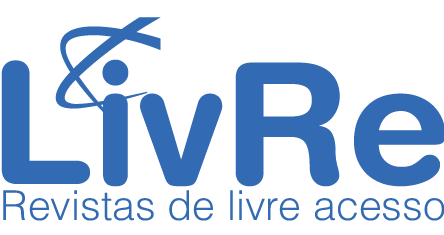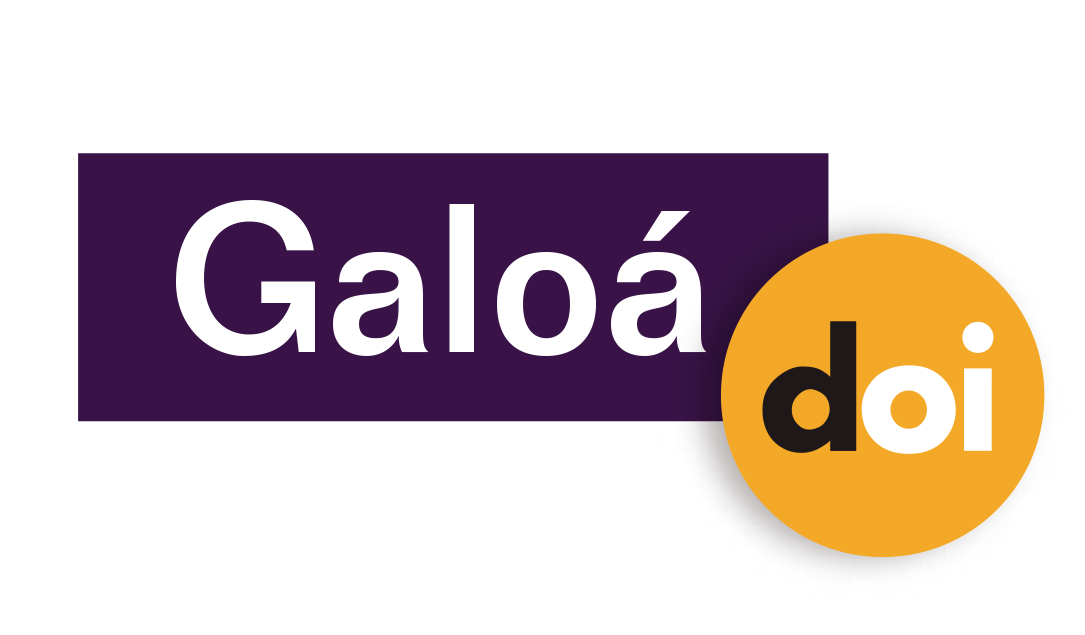Dragons, Monsters, Emotions, Cavemen and Kuhn’s Epistemology: Scientific Revolutions in Films
Resumo
Background: There have been many discussions on the importance of teaching philosophy of science in schools, and the need of a teaching focused on the science process, seeking to remedy deformed views that distance children from scientific life. Kuhn is undoubtedly the science philosopher most debated in history and his work “The Structure of Scientific Revolutions” has significant potential to construct proper views of the scientist in primary education. Films are important pedagogic tools to transmit concepts and ideas in a rich and engaging way. Objectives: The present work identified the presence of Kuhn ideas in four animated films and the competences of science procedures in their characters. Design: We selected the films “How to Train Your Dragon”, “The Croods”, “Inside Out” and “Monsters, Inc.”. Within those, we seek for paradigms, paradigm shifts, scientific revolutions, and the competences for scientific investigation on the characters. Setting and Participants: This is a theoretical analysis, and therefore does not have participants. The materials used were only bibliographic sources. Data collection and analysis: We used ten scientific competences and made a philosophical reflection of Kuhn's theory in the films. Results: The analysis reveals the occurrence of normal science, recognized anomalies, extraordinary science and break of paradigms in all those films. In addition, we identified the competences of science procedures of the characters. Conclusions: The films make an artistic representation of situations where Kuhn concepts and the scientific competences can be taught in a clear and significant way.
Palavras-chave
Texto completo:
PDF (English)DOI: https://doi.org/10.17648/acta.scientiae.6169
Apontamentos
- Não há apontamentos.
Direitos autorais 2020 Marcus Vinicius Oliveira, Augusto Francener, Cristiano Hintze

Esta obra está licenciada sob uma licença Creative Commons Atribuição 4.0 Internacional.
ANÚNCIOS
Informamos que, a partir de outubro de 2025, devido ao grande número de artigos na fila de submissão, está suspenso o aceite de submissões. Rebriremos em fevereiro de 2026.
Mais, informamos que sites fraudulentos, https://periodicos-ulbrabr.org e https://periodicos-ulbrabra.org, estiveram se passando pela Acta Scientiae, utilizando nosso nome e identidade visual e até solicitado taxas de APC, que nós não cobramos. Aconselhamos cautela para evitar serem enganados por sites semelhantes.
Conceito A2 na Capes(2021)
Índice h5 do Google Scholar: 13
Índice mediana h5 do Google Scholar:24
eISSN: 2178-7727
Indexações:
A Acta Scientiae é indexada em: | Scopus |  | Latindex |  | Edubase (SBU/UNICAMP) |
 | Sumarios.org |  | Google Scholar |  | Portal LivRe (CNEM) |
 | Journals for Free |  | REDIB |  | Galoá DOI |

Todos os trabalhos publicados aqui estão sob uma licença Creative Commons - Atribuição 4.0 Internacional.
